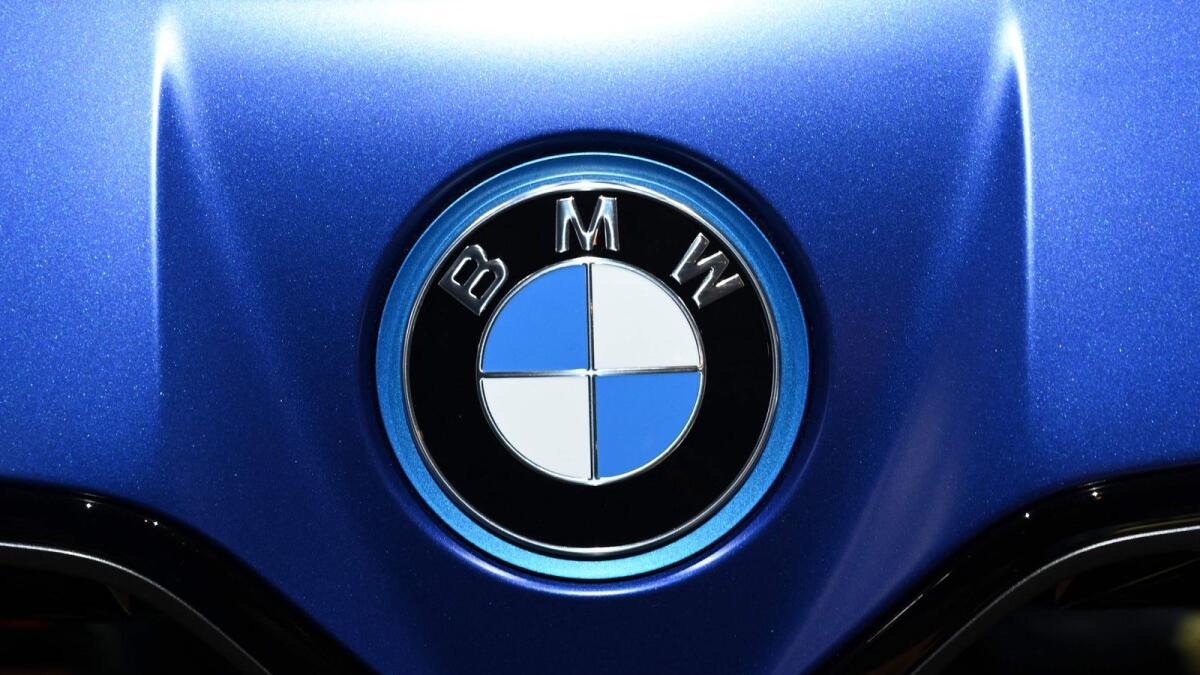BMW has recently announced a recall of about 1.5 million vehicles due to brake problems, which has also led to a cut in the company’s yearly outlook. This news has caused BMW’s shares to decrease significantly. The company includes not only BMW vehicles but also the Rolls-Royce and Mini brands. The financial impact of this recall is estimated to be in the “high three-digit million” euro range for the three months ending in September. This development comes as a blow to BMW, which has already been facing challenges with weakening demand in China, affecting the broader German auto sector.
The braking system issue in question was supplied by Continental, a German auto supplier. Continental stated that the affected component would be replaced if any problems were detected. However, they also mentioned that even if the fault is found, the braking performance is not compromised, and brakes can still be applied as usual. BMW attributes the recall and the impact on revenues to the muted demand in China, despite government stimulus measures. The company now expects a slight decrease in vehicle deliveries for the year, compared to a previously forecasted increase. The precise figures were not provided, but in 2023, deliveries of BMW, Rolls-Royce, and Mini vehicles totaled 2.56 million.
In addition to the recall, BMW has adjusted its profitability guidance, expecting margins to be between six and seven percent this year, down from the previous eight to 10 percent. The stock market reacted to this news with BMW’s shares closing 11 percent lower on the Frankfurt Stock Exchange, and Continental’s share price falling 10.5 percent. Last month, BMW also recalled 1.4 million vehicles in China due to faulty airbags. This announcement further added to the challenges faced by the automaker.
In the second quarter of the year, BMW reported a drop in net profit, mainly due to weaker business in China and increased manufacturing costs. Net profit decreased by 8.6 percent to 2.7 billion euros, while revenues fell by 0.7 percent, reaching just under 37 billion euros. This decline in profit signals the ongoing struggles that BMW is experiencing in the market, particularly in China, where demand remains weak. The company’s outlook for the rest of the year has been affected by the recall and the broader economic challenges facing the automotive industry.
Despite these setbacks, BMW remains committed to addressing the issues with the recalled vehicles and enhancing its overall performance in the market. The company has a strong reputation for luxury vehicles and innovation, which continues to attract customers worldwide. By focusing on improving its manufacturing processes, addressing quality control issues, and adapting to changing market conditions, BMW aims to regain its position as a leading player in the global automotive industry. With a solid foundation and a history of success, BMW is poised to overcome these challenges and emerge stronger in the future.



























